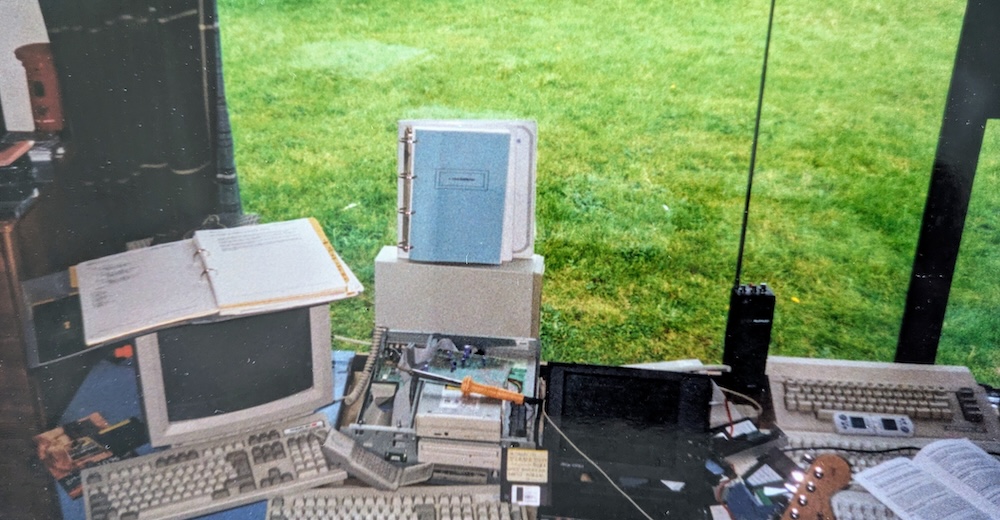 Is this technology?
Is this technology?
The word technology is most often used today as the category of modern inventions. This especially applies to computers and information processing devices. However, the suffix ology properly defined a structured area of knowledge, with those working within it seeking to rationalise and systematise that knowledge. This meaning is retained in most other contexts, such as with psychology and even astrology, though on its own terms.
Yet we have come to see it not so much as knowledge work or even as the process of implementation (that is, engineering) but as the product itself. To the technologist, it is a journey of exploration, not a final result.
Here is a typical example of the narrow sense in a Q&A with Steve Jobs:
You’ve got to start with the customer experience and work backward to the technology. You can’t start with the technology then try to figure out where to sell it. YouTube
Replace technology as a synonym for product and you get closer to his core meaning. (I encourage you to try this for yourself.) Technology here only operates to suggest the sophistication of such products.
We should understand this up front in any discussion of technology and reject these confines. For example, we might consider meditation, as a technique, to be a technology. Let’s use this broad sense.
Technology, then, is a practice. Yes, it often emphasises the novel and new but good technology practice builds and maintains the interwoven structure of particular knowledge, the new and the old. We might aim to qualify what kind of technology we mean, as was once more common. We will then speak of information technology, mechanical technology, mental technology — every domain in which we can find techniques.